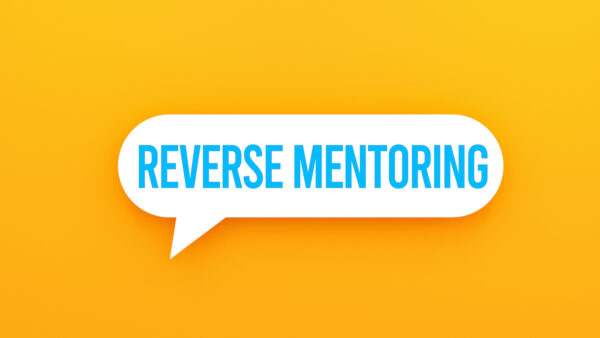2015 is set to become the construction industry’s “year of the sustainable supply chain”, with Tier 1 firms facing unprecedented pressure to procure responsibly.
Since the roll out of the Social Value Act, public sector bodies have mandated that firms winning public contracts to build social infrastructure embed “responsible procurement” in their bids, and pledge to “give something back” to communities, as well as reduce waste and carbon emissions.
This is not a paywall. Registration allows us to enhance your experience across Construction Management and ensure we deliver you quality editorial content.
Registering also means you can manage your own CPDs, comments, newsletter sign-ups and privacy settings.
For example, suppliers on HS2, ultimately owned by the Department for Transport, must adhere to a sustainability policy which includes a requirement to use local suppliers, as well as the traditional sustainability areas such as reducing waste and environmental impact.
With mounting legislation on responsible procurement both via the UK government and the EU, it seems the focus of “sustainability” has extended, and now affects everyone in the supply chain. To get ahead, construction companies will face four key sustainability challenges in 2015:
- responsible procurement;
- energy and carbon reduction;
- the provenance of goods and services;
- collaboration.
Responsible procurement
We have already seen major players in construction take steps to demonstrate their social credentials. For instance, Balfour Beatty announced a record £1bn spend with small business in 2014, and Carillion is taking steps to ensure suppliers secure materials ethically.
With social value playing an increasingly important role in public sector work, it will become essential for construction companies to understand their suppliers’ credentials. Large firms will need to gather and store data about how suppliers are fulfilling their sustainability credentials as well as how they deliver traditional business functions.
Energy and carbon reduction
With ever-increasing legislation, cutting carbon – and costs – will be a priority for construction companies in 2015. The United Nations is seeking to set new targets on reducing greenhouse gas emissions and the EU has already set an ambitious target for all member states to reduce energy consumption by 20% by 2020. The UK has responded with the Energy Savings Opportunity Scheme (ESOS), which will see 10 times more businesses required to report on their energy use.
However, the only way the construction industry is going to reduce carbon emissions and energy use is to understand the performance of its supply chain. With up to 60% of flowing through subcontractors, now is the time when larger firms must effectively monitor and benchmark sustainability measures throughout their supply chains.
As a start, companies should incorporate questions about carbon into their PQQ. This should be supported by an accurate database, comprising details of which suppliers have recognised environmental credentials and reduction plans, such as Achilles’ Certified Emissions Measurement and Reduction Scheme (CEMARS) which evaluates the steps a business has taken to reduce their carbon footprint.
Collaboration
Many supplier companies in construction have long faced the problem of providing multiple buyers with the same information time and time again. In Achilles BuildingConfidence, 19 buyers are already working together to use a single process to gain vital information from suppliers regarding safety and qualifications to reduce costs and time.
With multiple buyers working together, we have also seen an impact on the industry, with more suppliers seeking to achieve high standards. In the next year we predict more companies will seek to collaborate in this way to reduce workload and costs while at the same time increasing standards.
Provenance of goods
We also predict it will become essential for construction companies to know the origin of their goods and services, to ensure they are not linked with human rights violations such as slavery.
In recent months the UK government has been exerting pressure on construction companies to take steps to eliminate slavery and forced labour from the industry by announcing that large businesses will have to include in their annual reports details of how they are tackling slavery in their supply chains.
Issues of provenance usually relate to suppliers in lower tiers of the supply chain. We are already seeing growing interest in supply chain mapping – where companies use a tool to identify suppliers beyond tier 1 and 2. Once businesses know who is in their supply chain, they can scrutinise each supplier’s operations and evaluate whether companies are aligned to their own values in terms of people, planet and profit.
An increased emphasis on sustainability and social equality will ensure it is those companies that are prepared to make changes throughout the supply chain which will benefit the most in 2015.
Stephen Marshall is manager of BuildingConfidence, an online registration and accreditation standard used by 19 buyer organisations and over 1,500 suppliers in the UK construction sector.









